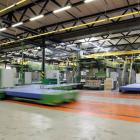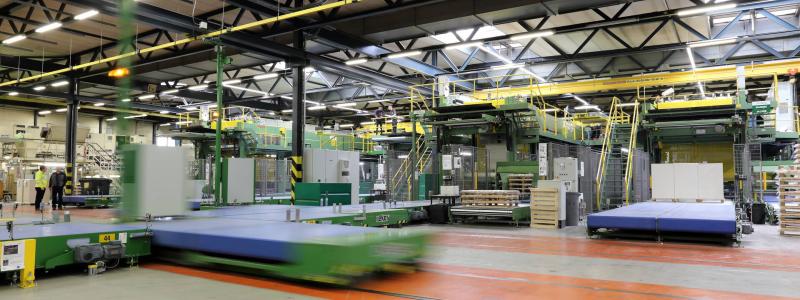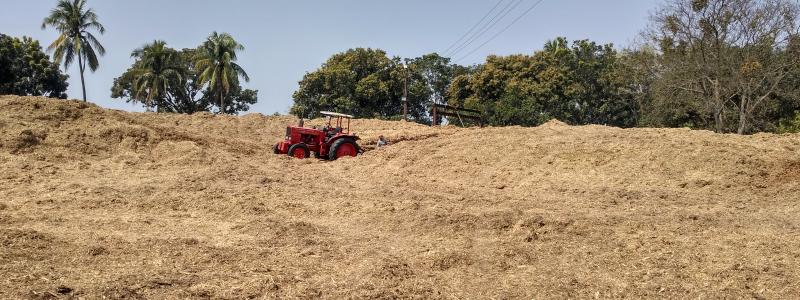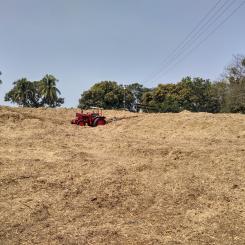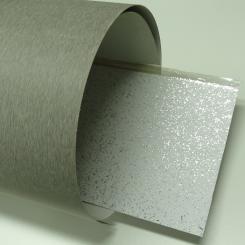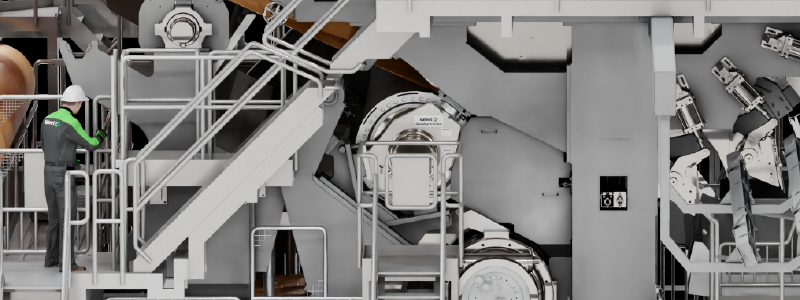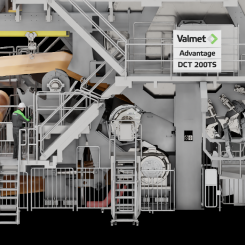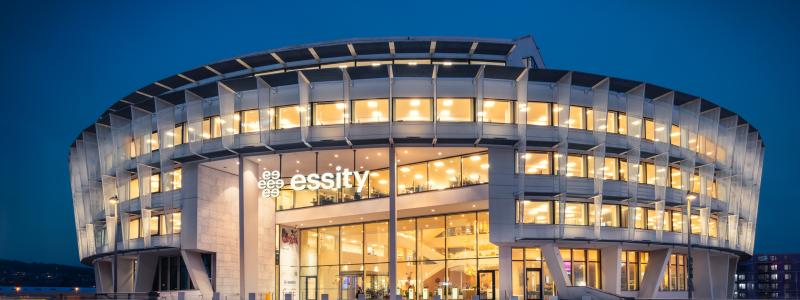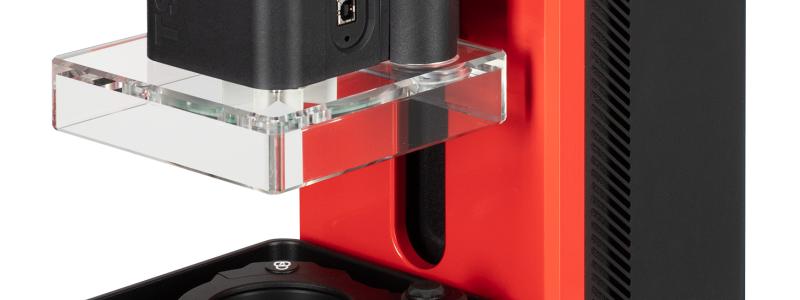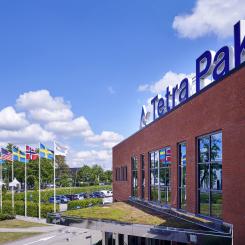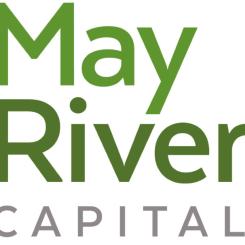Commenting on the group’s results, Sappi Chief Executive Officer, Steve Binnie said: “The group faced a particularly challenging quarter, marked by ongoing global economic weakness and heightened uncertainty stemming from persistent trade and tariff tensions. Sales volumes were impacted by the ramp-up of the Somerset Mill PM2 project. As a consequence the group delivered Adjusted EBITDA of US$80 million.”
The macroeconomic pressures weighed heavily on selling prices across many of our product categories, with dissolving wood pulp (DWP) in particular experiencing significant downward pricing pressure. Operationally, the Somerset Mill PM2 conversion and expansion project was completed in early May 2025 and impacted EBITDA for the quarter by approximately US$22 million due to the extended shut on the machine prior to this date. Subsequently, start-up volumes were at low levels, in line with the planned ramp-up projections, further impacting quarterly sales volumes. The forestry fair value price adjustment for the quarter was a loss of US$9 million.
A key milestone for this quarter was the successful start-up of the Somerset Mill PM2 line in North America in May. Although the start-up occurred later than originally planned, ramp-up progress and customer qualification trials were encouraging, with excellent initial market feedback on product quality. The conversion of Somerset Mill PM2 from 235,000 tpa of coated woodfree paper to 470,000 tpa of paperboard marks a significant step in advancing Sappi’s strategy to reduce reliance on declining graphic paper markets and drive growth in the packaging and speciality paper segments. This investment enhances the region’s product offering and reinforces the long-term competitiveness of Sappi’s North American operations.
Looking forward to Sappi’s fourth quarter, Binnie stated: “Taking into account current trading conditions, the ongoing trade tariff uncertainty and volatility in global markets, the ramp-up of Somerset Mill PM2 and the anticipated operational efficiency improvements, we estimate that Adjusted EBITDA for the fourth quarter of FY2025 will be above that of the third quarter.”
Within the context of our elevated net debt levels and ongoing macroeconomic uncertainty, Sappi remains firmly focused on preserving liquidity and strengthening cash flow. We have implemented a broad range of cost-saving initiatives across our operations and continue to apply disciplined capital allocation. Non-essential capital expenditure has been deferred where possible, resulting in a reduction of our FY2025 capex forecast from US$550 million, as estimated in the second quarter, to US$510 million. This marks the completion of our strategic investment cycle and capex for FY2026 and FY2027 will be substantially lower. In addition, the board has determined that there will be no dividend declared for FY2025. Reducing net debt is our immediate priority and we will continue to assess our capital allocation in line with our financial position and long-term strategic objectives.




